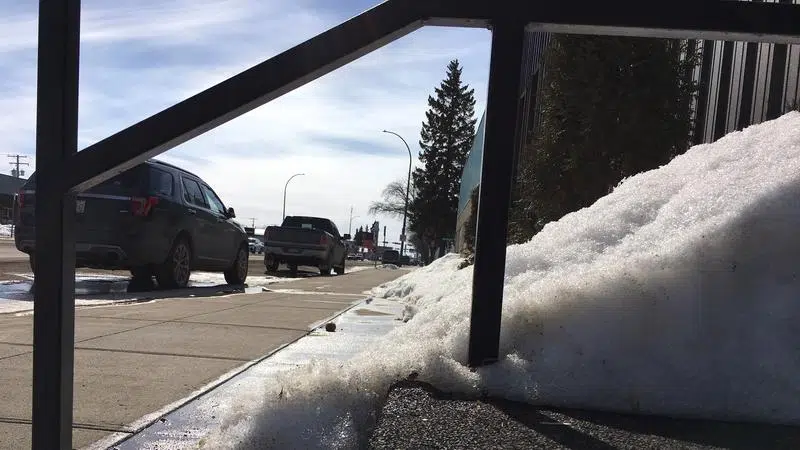
After record cold February, mercury starting to rise in Saskatchewan
The polar vortex that seemed to blanket Saskatchewan for much of February seems to be behind us.
Daytime highs for the next week seem to be in the above zero range, which means the snow is going to start melting. However, the warm up does take a bit longer at this time of year according to Environment Canada’s Terri Lang.
“Issue is, we still have a lot of snow on the ground,” Lang told northeastNOW. “So it takes a bit for it to warm up as much as we would like it to, just until we get rid of a lot of the snow.”


